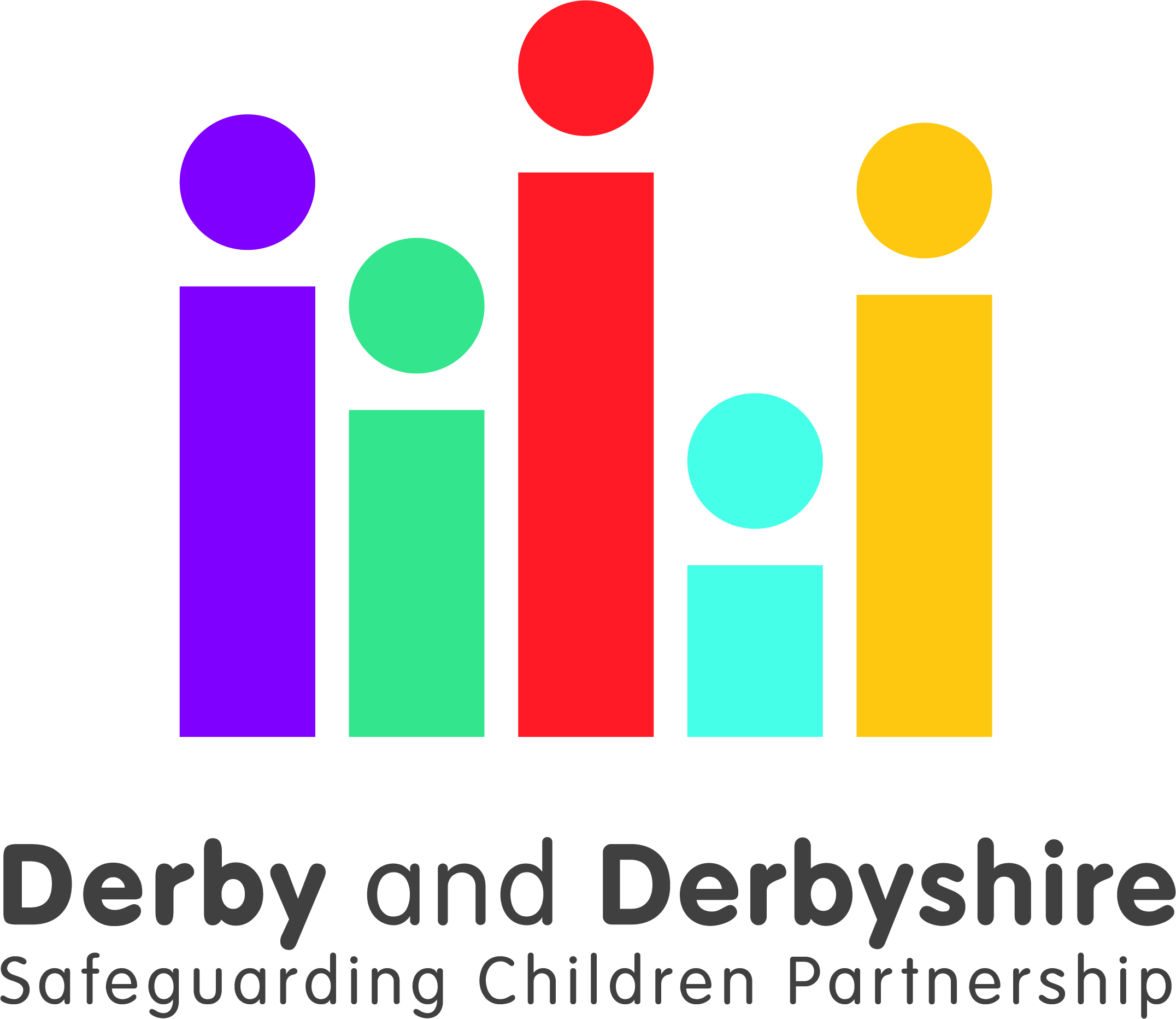Neglect
What is neglect?
Neglect is the persistent failure to meet a child’s basic physical and/or psychological needs, likely to result in the serious impairment of the child’s health or development.
Neglect may occur during pregnancy as a result of maternal substance abuse. Once a child is born, neglect may involve a parent or carer failing to:
- provide adequate food, clothing and shelter (including exclusion from home or abandonment);
- protect a child from physical and emotional harm or danger;
- ensure adequate supervision (including the use of inadequate care-givers); or
- ensure access to appropriate medical care or treatment.
It may also include neglect of, or unresponsiveness to, a child’s basic emotional needs.
What should I do if I have concerns about neglect?
It is important that practitioners take steps to address concerns around neglect as soon as they are identified to ensure appropriate responses are put in place to help stop the situation getting worse for the child or young person. The Early Help Assessment can be used with parents and carers to identify what help is most needed at an early stage.
Neglect Assessment Tool
The Graded Care Profile assists practitioners in the early assessment of neglect and to work with parents to improve the lives of children living in the household:
Graded Care Profile Practice Guidance April 2020
Graded Care Profile Assessment Tool April 2020
The can help practitioners identify how serious concerns about neglect might be and the most appropriate response.
In situations where the concerns about neglect do not improve or get worse, you should refer to the Derby and Derbyshire Safeguarding Children Procedures to help clarify next steps, in particular:
- Providing Early Help, and
- Making a Referral to Social Care.
Always discuss your concerns with the senior person in your organisation who is responsible for safeguarding and child protection.
If you are a young person, parent or carer, you can contact Children's Social Care to discuss your concerns.
Neglect of unborn babies
If you are concerned that an unborn baby may be vulnerable to neglect the Multi-Agency Protocol for Pre-birth Assessments and Interventions provides advice on next steps. Some of these may involve using the assessment tools above.
Medical neglect
Medical neglect involves carers minimising or ignoring children's illness or health (including oral health) needs and failing to seek medical attention or administrating medication or treatments. This also includes expectant mothers who fail to prepare appropriately for the baby's birth, fail to seek ante-natal care and/or engage in behaviours that place the baby at risk e.g drug or alcohol misuse. For more information about medical neglect see Nottingham City Safeguarding Children Board Bite-size Briefing: Medical Neglect.
Hoarding
A hoarder is someone unable to dispose of excess or unused things to the point where their belongings are clogging their living space; this is likely to significantly impact on any children living in the household and is a safeguarding issue.
To find out more about hoarding, the support available and to access the Multi-Agency Hoarding Framework (MAHF); guidance for all professionals and agencies working with people who hoard, please see Derbyshire Fire and Rescue Service hoarding webpage.
Training
The DDSCP training programme includes further details of multi-agency training to safeguard children from neglect.
DSCB Neglect Strategy
The Derby DSCB Neglect Strategy and Derbyshire Neglect Strategy both set out how partner agencies will work together:
- To ensure effective supports and education are available to families to prevent neglect occurring;
- To ensure neglect of children is identified early in a child’s life and early in the duration of any concern;
- To ensure effective interventions are put in place to enable parents and/or wider family to provide adequate care for their children, where neglect has been identified;
- To ensure that in serious cases of neglect, where interventions have been unsuccessful, children are removed from that environment before long-term damage is done and consideration given to criminal action;
- To enable the DDSCP and partner agencies to have a robust understanding of the extent and impact of neglect in Derby, to allow resources to be directed appropriately.
The development and implementation of the Derby strategy was a recommendation from a multi-agency audit looking at children and young people who were the subject of a child protection plan because of neglect. To find out more about the audit, what we learnt and how we can work together to address neglect see Neglect in Derby - what you need to know.
National Resources
The Journal of the Social Services Research Group has published a special issue on child neglect featuring an overview of research, policy and practice across the UK.
Understanding Adolescent Neglect - troubled teens
The Children's Society have published a report on the links between parenting and adolescent neglect and the failure to understand and respond to the lack of care and support that many teenagers receive.
Child Neglect and its relationship to other forms of harm
The NSPCC and Action for Children with Research in Practice have investigated the link between neglect and other forms of abuse.









